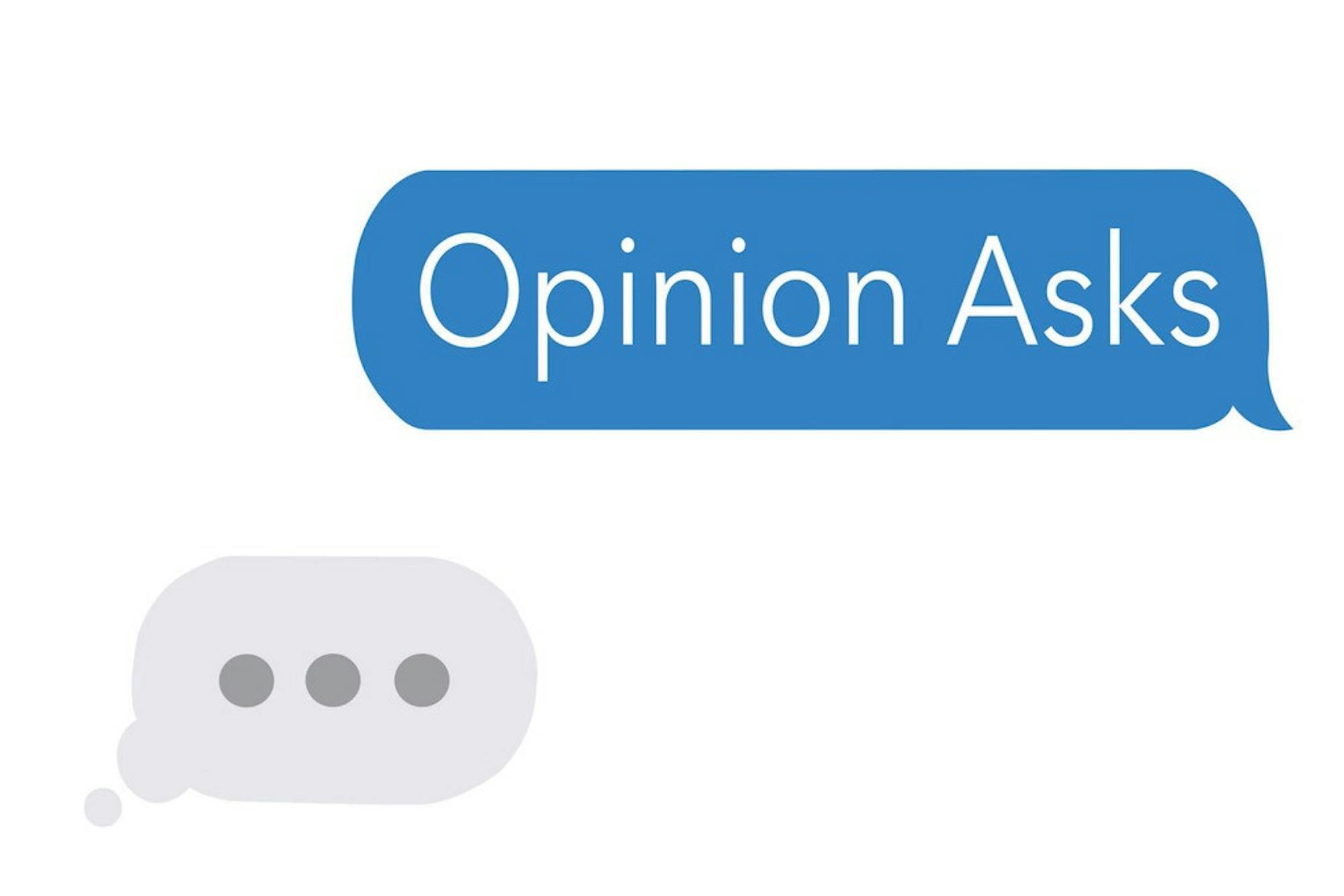“With 339 active cases on campus — and the others unaccounted for — some have questioned the College’s decision to lift asymptomatic testing requirements. Some have questioned whether, in the absence of this requirement, the College COVID-19 dashboard conveys any meaningful information at all. We ask: Do the 339 cases warrant concern? If so, how should the College respond?”
The College must reconsider its laissez-faire stance on the current state of the pandemic and reinstate mandatory masking and testing, albeit temporarily and in limited contexts. To be sure, the Dartmouth community is tired of the pandemic. Yet, the current state of the virus calls for us to fully work to fight against the pandemic. We know that at least 339 active cases exist among members of the community. What we also know is that surveillance testing for COVID-19 ceased this past Sunday, and many have stopped testing altogether, which may be deflating the test positivity rate considerably. With the number of non-COVID illnesses floating around campus, some students may not be testing even if they have symptoms, thinking they caught strep or laryngitis from a friend. For the safety of the students, faculty and staff who cannot afford to catch COVID-19 for their own health conditions or those of their families, the College must reinstate regular testing for the whole community. What’s more, it also makes sense for the College to require masking, at least until case counts mellow out and at the very least in areas where students may be interacting with faculty and staff, many of whom may have at risk family members or are at risk themselves.
— Spencer Allen ’23
Almost three months ago, I projected what COVID-19 might look like right now: “Given omicron’s virulence, COVID-19 is likely to maintain a low but steady presence for some time…still, in the event of an outbreak of a more virulent strain, prior infection will likely confer protection against most symptoms, rendering COVID-19 an annoying but less troublesome disease.” Given the lack of headlines in Valley News about overflowing wards at Dartmouth-Hitchcock, this prediction seems to hold true for now. However, the question remains: Is this the last gasp of a disease trying to infect everyone possible? Or are we seeing a brand new wave of reinfections? Only time will tell.
— Thomas de Wolff ’24
First things first, I’m not worried in the slightest about the current spike in cases. The same cycle has occurred each term now and will continue to occur whether the virus at hand is COVID or frat flu. Kids come back from spring break trips sick, then get others sick. Crucially, as seen last term, our incredibly high vaccination and booster rates have prevented any cases of serious illness, and most of the people I know who have come down with the illness get out in a mere five days. Dartmouth can easily handle this spike in cases, and their current plan should continue as normal. However, I do believe it’s important to broadcast the message that if people are feeling sick, they should still get tested. This shouldn’t need to be enforced – if someone has come down with a cruddy illness of any kind, they should have the common decency to wear a mask in the classroom and go get tested. Regardless, the COVID-19 dashboard is no longer conveying information relevant to the daily activities of the student body. It doesn’t deeply bother me if the dashboard is left up, but it should be used more as an educational tool rather than a policy-shaping time bomb.
— Jeremy Gart ’25
Dartmouth’s decision to do away with mandatory asymptomatic testing and masking and to shift its dashboard to only report “active cases” reflect the simple fact that as the pandemic evolves, policy should evolve with it. The Centers for Disease Control and Prevention have sensibly switched the nation’s focus from preventing cases — virtually impossible, given the contagiousness of the omicron variant — to preventing serious illness, recalibrating their “COVID-19 Community Level” measure — which determines whether people in a given area should mask indoors — to emphasize hospitalizations and hospital capacity. Dartmouth seems to be doing the same.
So, no, the 339 cases do not merit concern, no more so than the normal waves of sickness that wash over campus every term. The BA.2 variant is more contagious, yes, but no more deadly than the omicron variant that tore through campus in the winter — and omicron is, for vaccinated people, less deadly than seasonal influenza, according to data from the United Kingdom. Allowing students, professors and staff to take stock of their own risk levels and decide what works best for them is the right policy right now — and, given low levels of masking compliance in previous terms, I’d argue that it’s the only feasible policy anyway. Those who still want to try to avoid getting sick can wear a mask and continue testing as much as they’d like, and anyone who has symptoms can get a test. For me, if someone asks me to wear a mask, I’ll put one on without a second thought; if I develop symptoms or am exposed, I’ll get tested; and if the CDC tells me to get another booster, I’ll get a fourth jab. Simple as that.
If we start to see cases of severe disease, Dartmouth may have to shift its policies again, ideally in accordance with federal guidelines. And that’s fine too.
— Kyle Mullins ’22


